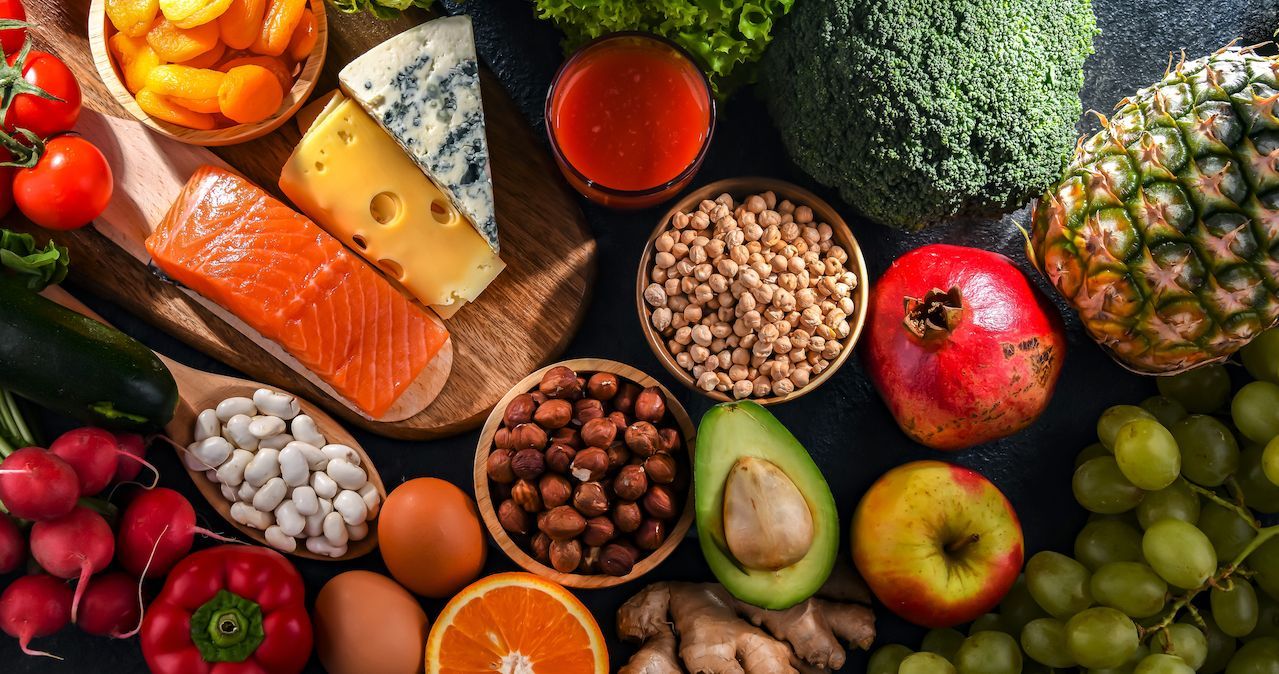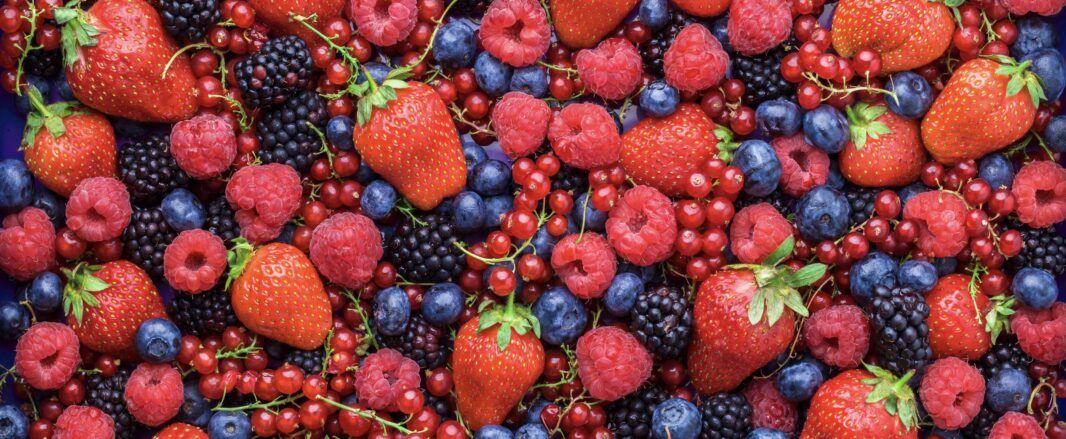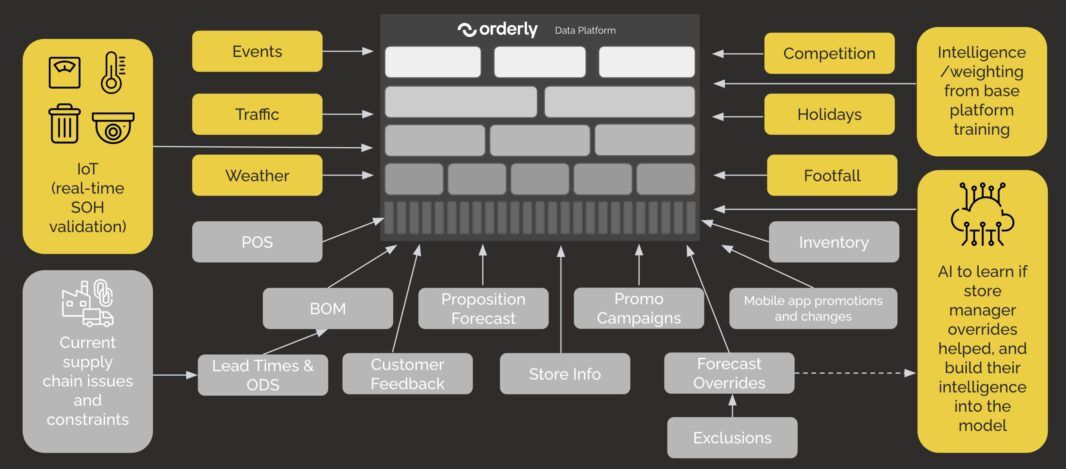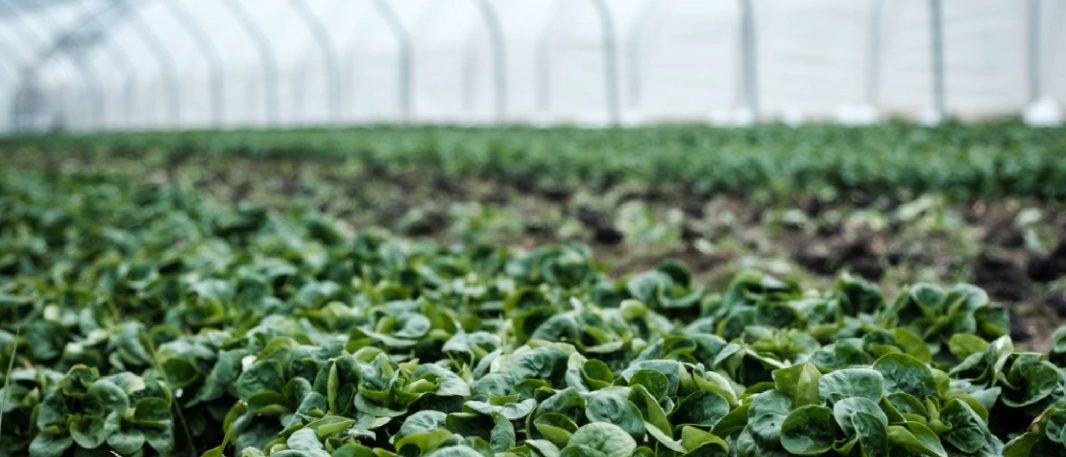For years, eliminating food loss and food waste has been promoted as one of the most important actions humans can take to reduce the environmental impacts of the food system. Here at Orderly, we have developed smart tech tools and an award-winning AI powered scorecard that help businesses do just that. We also know that food loss and waste along the supply chain account for as much as 24% of global food system GHG emissions and 6% of total emissions worldwide.
Yet a new paper published DLL Nature Food, suggests decreasing food loss and waste will have less of an environmental benefit than previously thought. Instead, food prices will go down, and people will eat more. It suggests that by reducing waste there will be more food available which would lead to lower prices, and that would create predictable changes in people’s behaviour. Using an example of a cereal cost reduction, it was suggested that “now you can afford to eat the same amount more often which offsets some of the benefits of reducing the food loss and waste.”
This is true to a degree, but it is important to take a closer look.
After all, while consumers produce waste at home and it rings true that we could buy more than we need – humans aren’t known for great levels of self-control at all times – from our understanding it is the source of supply that drives the most food waste – in fact, up to 25% of produce grown on farms globally goes unused, and the United Nations recent Global Food Losses and Food Waste report showed 1.4 billion tons of perishable food is wasted due to inefficiencies found within the food supply chain.
This isn’t just down to chance or bad weather creating spoilage but simple logistics inadequacies like poor demand forecasting and market anticipating.
While the latest study suggests that improving these inadequacies would deliver cheaper foods to consumers, that’s still reliant on retailers returning these profits to consumers.
We know that eliminating food waste helps the planet – and for sellers of food, loss prevention sill adds up to a good deal. If you’re a restaurant that spends £1 million per year on food, 5% of lost food is £50,000 in wasted COGS, or £333 per day. As a study conducted on the restaurant sector found- for every £1 invested in reducing food waste, businesses saved on average £7.
We also found some interesting studies around how businesses handle waste.
If a retailer did have more cheaper sources of food, and was able to reduce these costs, or even give them away free as a ‘BOGOF’ – this waste at the home could be less of an environmental concern than you’d think.
The aforementioned study – Akkas, A., & Honhon, D. (2022) Shipment policies for products with fixed shelf lives: Impact on profits and waste. Manufacturing & Service Operations Management, 24(3), 1611– 1629 suggests that in general, offers such as BOGOF promotions are profitable ways to liquidate inventory and ‘In many instances, the increase in waste at the consumers’ homes is offset by the decrease in waste at the retail store.’
It suggests that “BOGOF promotions often constitute “win-win propositions” by simultaneously increasing the retailer’s profit and decreasing total waste…(Painting) a more favorable picture of the BOGOF promotion scheme than commonly perceive… its environmental criticism emanates from a too narrow and too consumer-centric view of the waste problem.”
Our view? Any reduction in waste is a good thing – and that starts with business and ends with consumers.
It’s all part of a huge, ever changing puzzle and beyond the headlines, we know that waste reduction is the best plan for our planet and our profits. What we do with those profits afterwards is down to us all to decide…
If you would like to see a tangible increase in profits as a direct result of food waste reduction – speak to us today. We have the technical abilities to support growing and international F&B brands with a wide range of solutions to target the very heart of food waste.
Contact us to discuss more!







